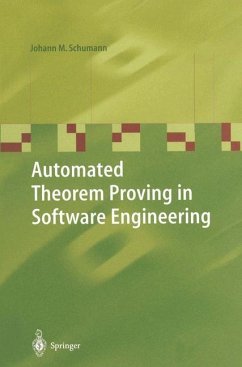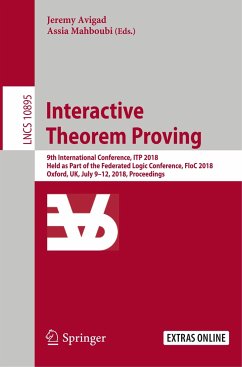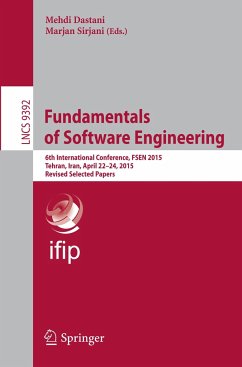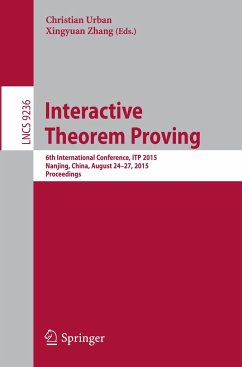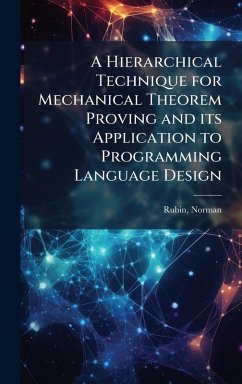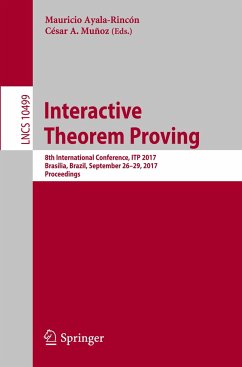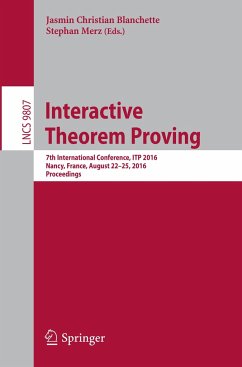
Interactive Theorem Proving in Software Engineering
Versandkostenfrei!
Versandfertig in 6-10 Tagen
32,99 €
inkl. MwSt.

PAYBACK Punkte
16 °P sammeln!
Interactive theorem proving is the modern way of formalizing mathematics using a computer as a proof assistant, helping solve simple tasks andkeeping an order on the proofs.Still, it is a tedious task, as such mechanical proofs contain detail that humans do not want to see.When it comes to the verification of real world applications in software engineering, as required for the assurance of safety and security properties of embedded systems, the level of detail becomes even more annoying. In fact, it is a gargantuan task to prove a program correct or prove that an implementation conforms to its...
Interactive theorem proving is the modern way of formalizing mathematics using a computer as a proof assistant, helping solve simple tasks andkeeping an order on the proofs.Still, it is a tedious task, as such mechanical proofs contain detail that humans do not want to see.When it comes to the verification of real world applications in software engineering, as required for the assurance of safety and security properties of embedded systems, the level of detail becomes even more annoying. In fact, it is a gargantuan task to prove a program correct or prove that an implementation conforms to its UML-specification.The sheer mass of proof obligations alone - apart from the hidden subtlety of such challenges - obstructs quality assurance of software artifacts with interactive theorem provers. This book draws a line to show up how far current cutting edge research has succeeded in tackling this long standing quest.Using examples from algorithm development, Java bytecode verification and UML state machine analysis the author introduces current trends in interactive theorem proving technology using Coq, Isabelle, andmodel checking.



